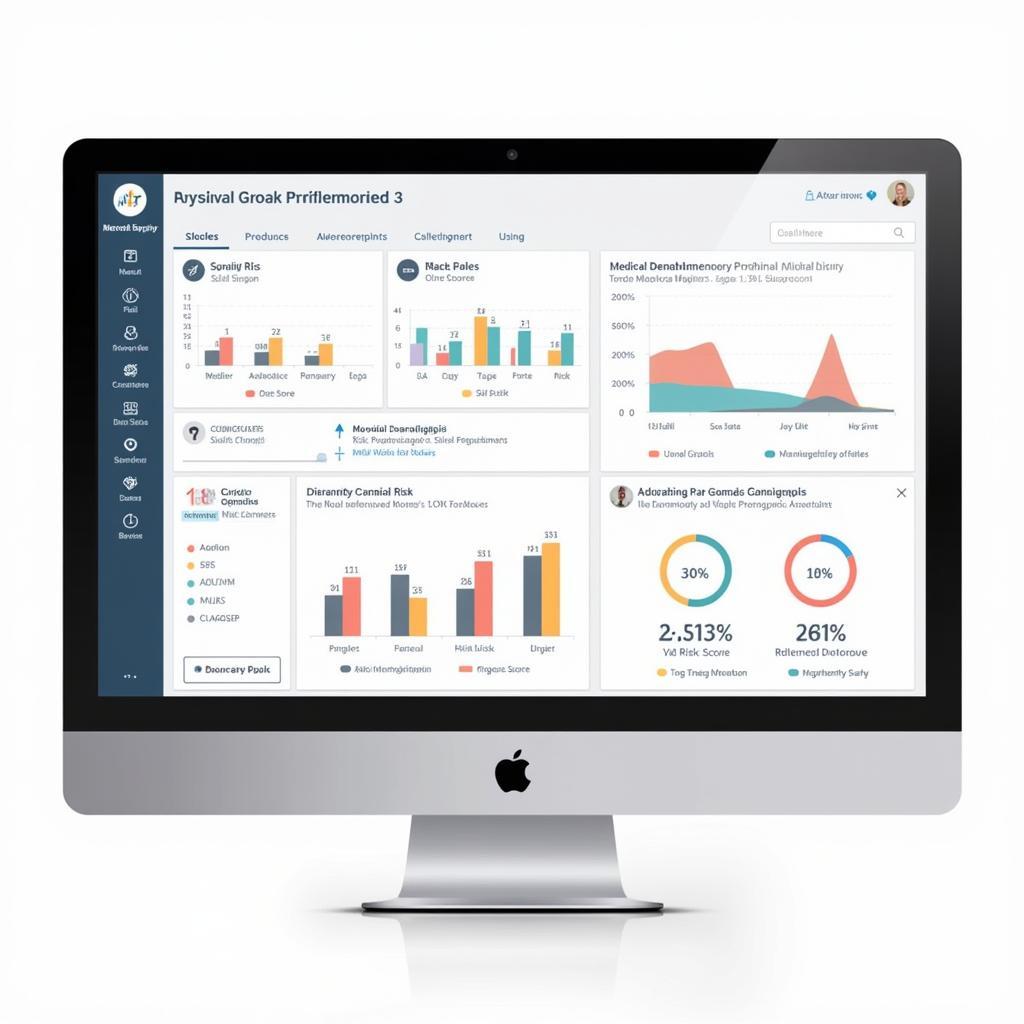Automated risk assessment tools are transforming pregnancy care by offering a data-driven approach to identifying potential complications. These tools leverage algorithms and patient data to flag high-risk pregnancies, enabling timely interventions and improved outcomes for both mother and baby. This article explores the benefits, challenges, and future of automated risk assessment in pregnancy care.
Benefits of Using an Automated Risk Assessment Tool in Pregnancy
Automated risk assessment tools provide numerous advantages in managing pregnancy care. They offer objective assessments, minimizing human bias and improving the accuracy of risk identification. These tools can quickly analyze vast amounts of data, identifying patterns and risk factors that might be missed by manual assessments. This early identification allows for proactive interventions, potentially preventing complications and improving maternal and fetal health. Furthermore, these tools enhance communication between healthcare providers and patients, fostering shared decision-making and empowering patients to actively participate in their care.
 Automated Risk Assessment Tool Dashboard for Pregnancy Care
Automated Risk Assessment Tool Dashboard for Pregnancy Care
Challenges and Considerations for Automated Risk Assessment
While offering significant potential, automated risk assessment tools also present challenges. Data privacy and security are paramount concerns, requiring robust systems to protect sensitive patient information. The accuracy and reliability of these tools depend on the quality of the data input, highlighting the need for standardized data collection procedures. Furthermore, ensuring equitable access to these technologies is crucial to avoid exacerbating existing health disparities. Addressing ethical implications, such as the potential for algorithmic bias, is also essential for responsible implementation.
The Future of Automated Risk Assessment in Pregnancy Care
The future of automated risk assessment in pregnancy care is promising. Advances in machine learning and artificial intelligence will further refine these tools, enabling more personalized and predictive risk assessments. Integration with electronic health records (EHRs) and wearable technology will facilitate seamless data collection and real-time monitoring, empowering proactive and preventative care. The development of mobile-based risk assessment tools can expand access to care, particularly in underserved communities. As these tools evolve, they hold the potential to revolutionize pregnancy care, leading to healthier outcomes for mothers and babies.
What are the key benefits of automated risk assessment in pregnancy?
Automated risk assessments offer objective evaluations, quick data analysis, early identification of risks, and improved communication between healthcare providers and patients.
How do automated risk assessment tools work?
These tools leverage algorithms and patient data to identify patterns and risk factors, flagging high-risk pregnancies for timely intervention.
What are the ethical considerations for using these tools?
Ethical considerations include data privacy, algorithmic bias, and ensuring equitable access to these technologies.
Conclusion
Automated risk assessment tools hold immense potential to transform pregnancy care by enabling early identification of potential complications and facilitating timely interventions. While challenges remain, addressing these issues through robust data security measures, standardized data collection, and ethical considerations will pave the way for wider adoption and improved outcomes in maternal and fetal health. These tools promise a future of more personalized, proactive, and data-driven pregnancy care, ultimately leading to healthier pregnancies and healthier babies.
FAQ
- Are these tools a replacement for traditional prenatal care? No, they are designed to enhance, not replace, traditional care.
- How accurate are these risk assessments? Accuracy depends on data quality and the specific algorithms used.
- What data is used in these assessments? Data includes medical history, current health status, and lifestyle factors.
- Who has access to my data? Access is restricted to authorized healthcare professionals.
- Can I opt out of using these tools? Yes, patients have the right to decline participation.
- How are these tools improving patient care? They enable early interventions, potentially preventing serious complications.
- What is the cost of using these tools? Costs vary depending on the specific tool and healthcare provider.
Looking for more information on pregnancy care and diagnostic tools? Check out our articles on [suggested link 1] and [suggested link 2].
Need assistance? Contact us via WhatsApp: +1(641)206-8880, Email: cardiagtechworkshop@gmail.com or visit us at 910 Cedar Lane, Chicago, IL 60605, USA. Our customer service team is available 24/7.